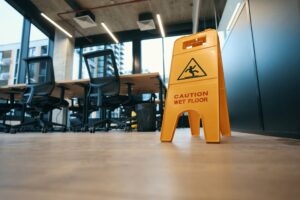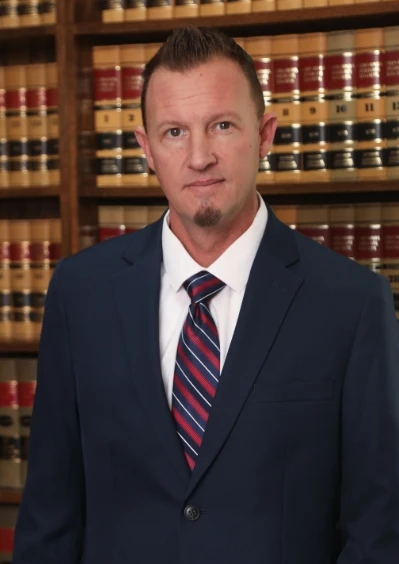When Can You Sue for Premise Liability in California?

Premise liability is a specific area of personal injury law, and it applies to injuries that occur on private property. If you were hurt while you were on someone else’s premises, you may have the opportunity to pursue compensation via a premise liability lawsuit. This type of compensation can help with medical expenses, missed wages, emotional distress, and other damages. The real question is whether or not this type of lawsuit is possible based on your unique situation.
Examples of When Property Owners Can Be Held Accountable for Injuries
There are many situations where property owners can be held accountable for injuries that occur on their premises. Here are a few examples:
- Building Code Violations: All businesses and property owners in California are required to adhere to a specific set of rules called the Building Code. This code sets forth specific requirements for virtually all aspects of the structure’s construction, including stairs, hallways, pathways, fire safety systems, electrical wiring, and so on. If any Building Code violations lead to injuries, the property owner can be held accountable.
- Slips and Falls: Slips and falls are some of the most common catalysts for premise liability lawsuits. The concept is simple: If someone slips and falls due to a hazard on the premises, then the property owner can be held liable for the resulting injuries. Slips and falls may be caused by wet floors, debris, uneven pathways, broken stairs, and (although rare in California) ice/snow.
- Negligent Security: Negligent security is a type of premise liability lawsuit that pertains to acts of violence on the property. If a property owner is aware of a pattern of violence on the property, they must create some kind of security plan as a result. If they fail to do this, they may be held liable for injuries caused by violent acts on their property.
- Food-Related Injuries: Restaurants may be sued for injuries specific to food. A common example is a “hot coffee” burn, and this specific type of injury has led to numerous lawsuits across the United States. Other examples might include food poisoning, burns caused by flaming dishes, and much more.
- Dog Attacks: If you are attacked and injured by someone else’s dog while on their property, you may sue.
Recent Examples of Premise Liability Lawsuits in California
On October 4, 2023, it was reported that a California woman was suing a hotel for injuries she sustained due to horseplay in the lobby. Allegedly, she was struck and injured by another guest who was playing football inside the hotel. She argues that the hotel should have stopped this behavior.
On September 28, 2023, it was reported that a woman was suing McDonald’s for a hot coffee burn she sustained at a San Francisco drive-thru. She claims that the lid was not correctly affixed and that the scalding liquid spilled onto her body when she reached out to take it.
Where Can I Find an Experienced Personal Injury Lawyer in California?
If you have been searching for a personal injury attorney in California, look no further than the Knez Law Group. We know that injured plaintiffs can suffer a wide range of injuries while on other people’s property. While internet research provides basic insights into this process, a consultation with a qualified personal injury attorney is often necessary to determine the most appropriate course of action.

Matthew J. Knez graduated from the University of Redlands in California with a Bachelor of Arts degree in Creative Writing. He then pursued his law degree at the University of La Verne College of Law in Ontario, California, where he earned various awards, including the CALI Award in Torts, and was on the Dean’s List. During his time in law school, Mr. Knez was a member of the Justice and Immigration Clinic, working with individuals seeking asylum in the United States from countries where they faced persecution or threats of persecution. Additionally, he was an Associate Editor for the Law Review and published an article on California family custody move-away cases. Learn more here.
